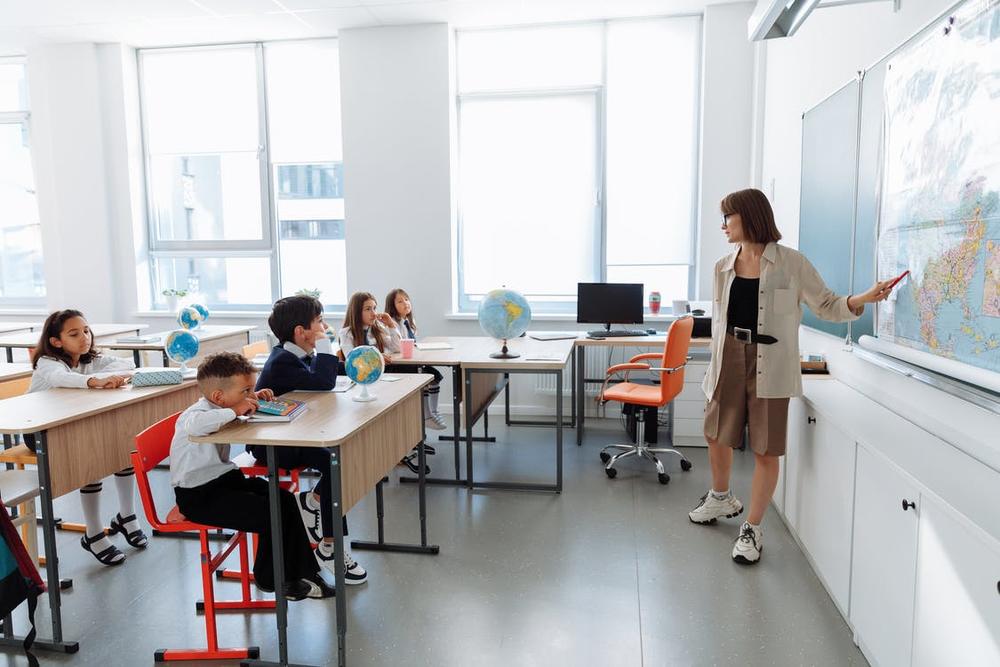
Caption
Many Georgia teachers take umbrage at the idea that they would seek to indoctrinate students, but they worry zealous parents could find fault with their lessons for political reasons and land them in hot water.
Credit: Pexels stock photo

